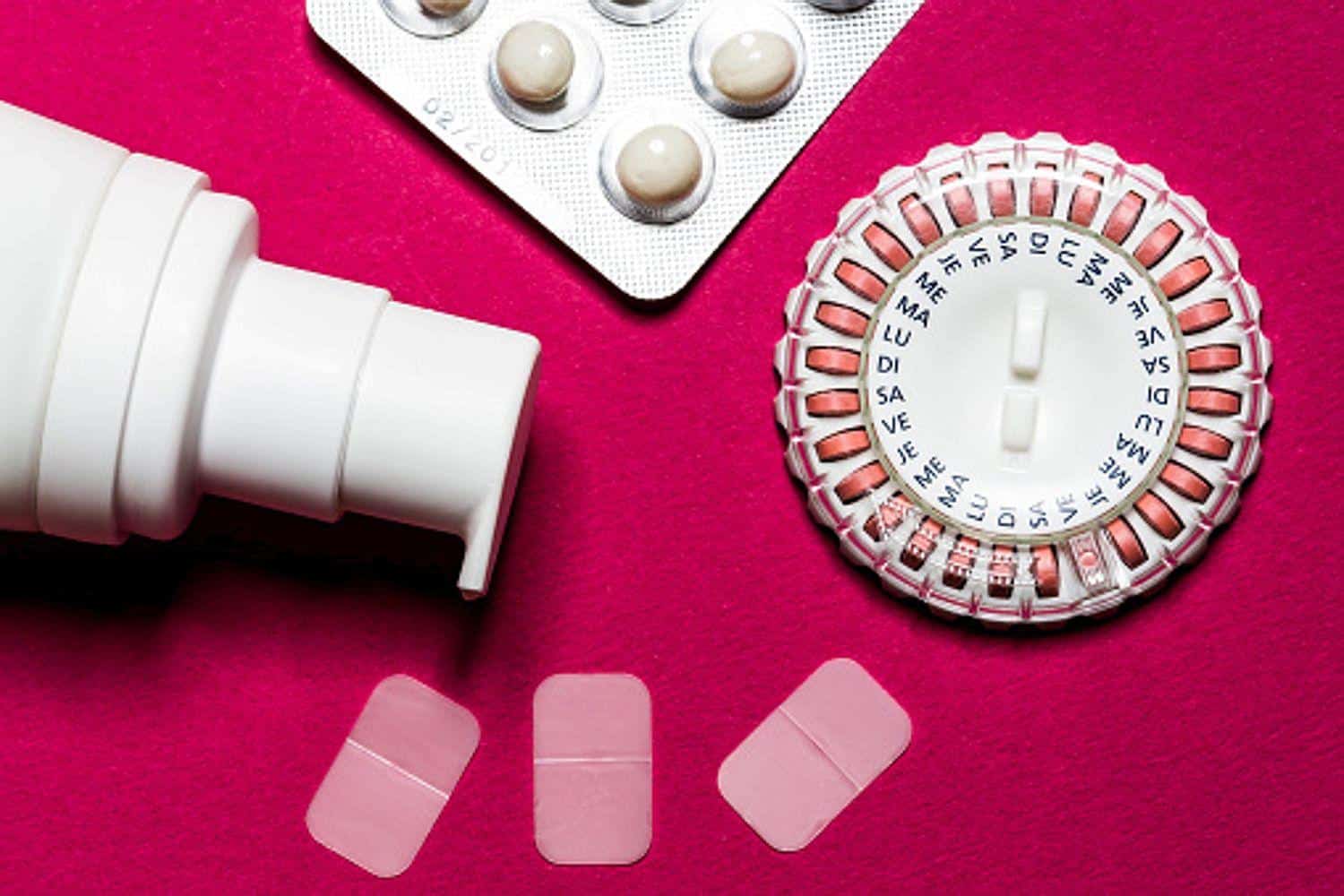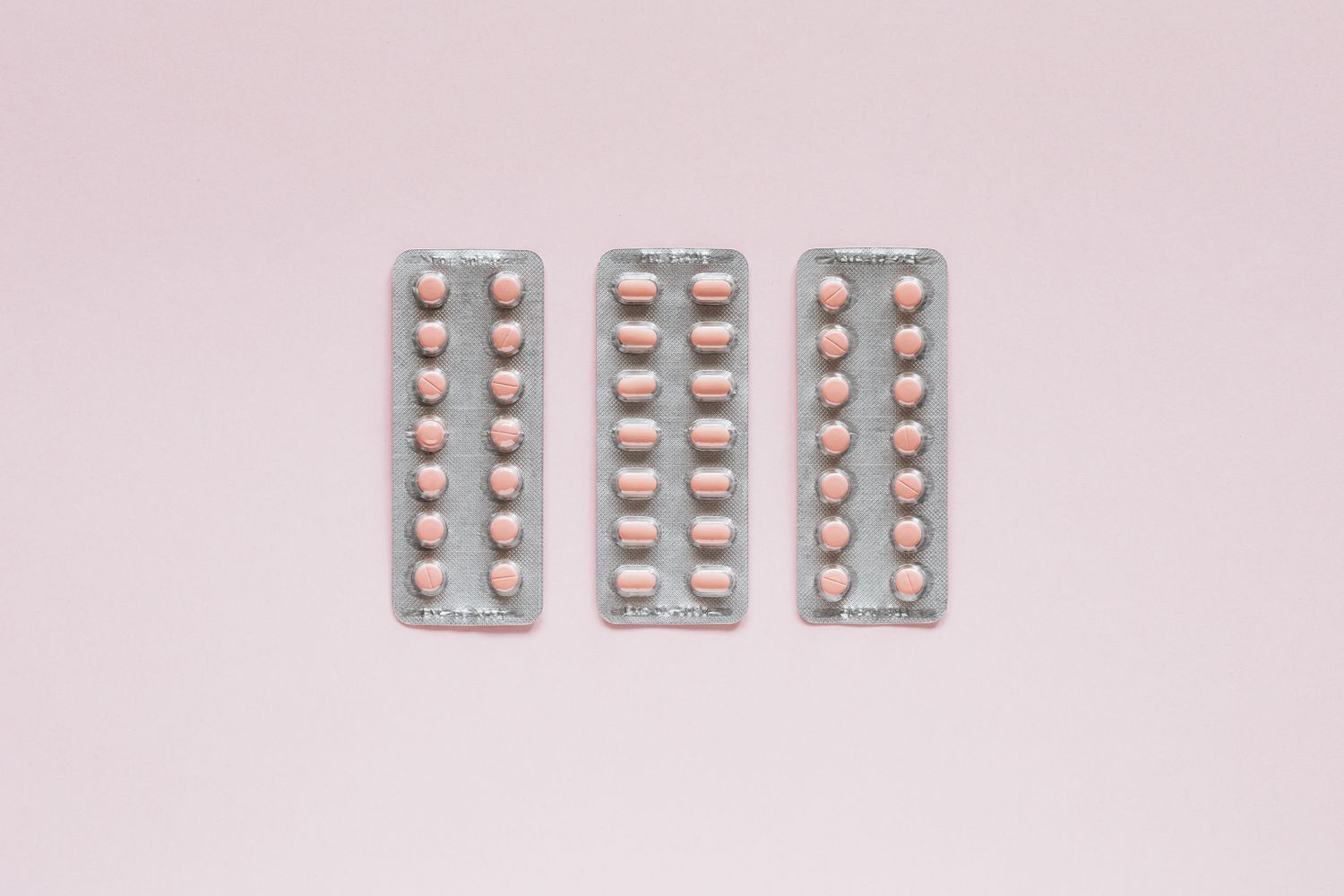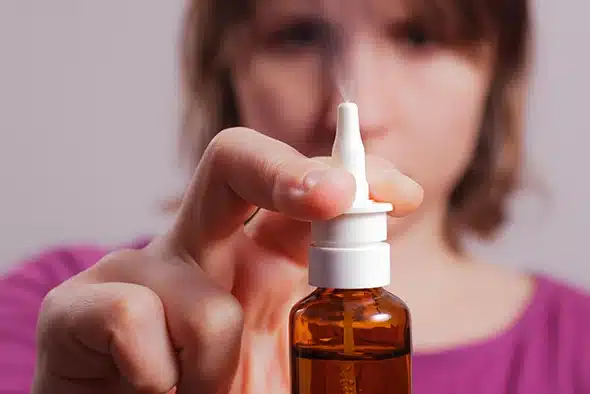What are hormone disorders?
Hormone disorders are medical conditions that result from hormone imbalances. This includes either when there are too many or too little of one or more hormones. Hormones are important because they control growth, fertility, sexual function, emotions, and the body’s ability to absorb and use nutrients. The most popular hormones include estrogen, progesterone, and testosterone.
What are symptoms of hormone disorders?
Hormone disorder symptoms often vary based on the severity and nature of the imbalanced hormones. It is common that symptoms vary based on time of the month, diet, stress level, and other factors. The different number of symptoms and which symptoms may also change. Some symptoms include:
- irregular or heavy menstrual periods
- weight gain
- excessive hair growth
- fatigue
- acne
- low mood, depression, or anxiety
- indigestion, constipation, or diarrhea
- hot flashes or increased sweating
- infertility
- decreased sex drive or sexual performance
What is Hormone Replacement Therapy (HRT)?
Hormone Replacement Therapy (HRT) is a treatment used to relieve symptoms of menopause. In women, it replaces the estrogen one’s body stops producing during menopause. HRT also proves to prevent bone loss and reduce fracture in postmenopausal women. In men, HRT replaces the decreasing levels of testosterone. One’s age, family medical history, personal medical history, and severity of symptoms are all factors to be considered for the right kind of HRT. For best results, HRT should be tailored to each person’s needs and reevaluated every so often.
What is the difference between Bioidentical Hormone Replacement Therapy (BHRT) and HRT?
HRT involves the use of manufactured hormones from synthetic sources, while Bioidentical Hormone Replacement Therapy (BHRT) involves the use of hormones derived from natural sources, like plants. The term “bioidentical” means the hormones in the product are chemically identical to those the body produces. They are still lab made hormones, but they are designed to mirror the naturally occurring ones that are inside the body perfectly. Estrogen, progesterone, and testosterone are the most commonly used bioidentical hormones.
What are different types of hormone therapies?
Discuss with your doctor the best way of administering hormones. Before administering any hormones, your hormone levels will be tested through blood or saliva. There are multiple different forms of hormone therapy, with some forms better fit than others:
- tablets
- creams
- gels
- nasal spray
- injections
- skin patches
- vaginal creams or tablets

Typically, the two most common forms of therapy are Estrogen Therapy and Estrogen Progesterone/Progestin Hormone Therapy (EPT). Estrogen therapy is when estrogen is taken alone in low doses. EPT or combination therapy, is when estrogen and progesterone are combined, often to balance out hormones and to prevent cancer of the endometrium (the lining of the uterus). Discuss with your doctor which therapy is best for you!







